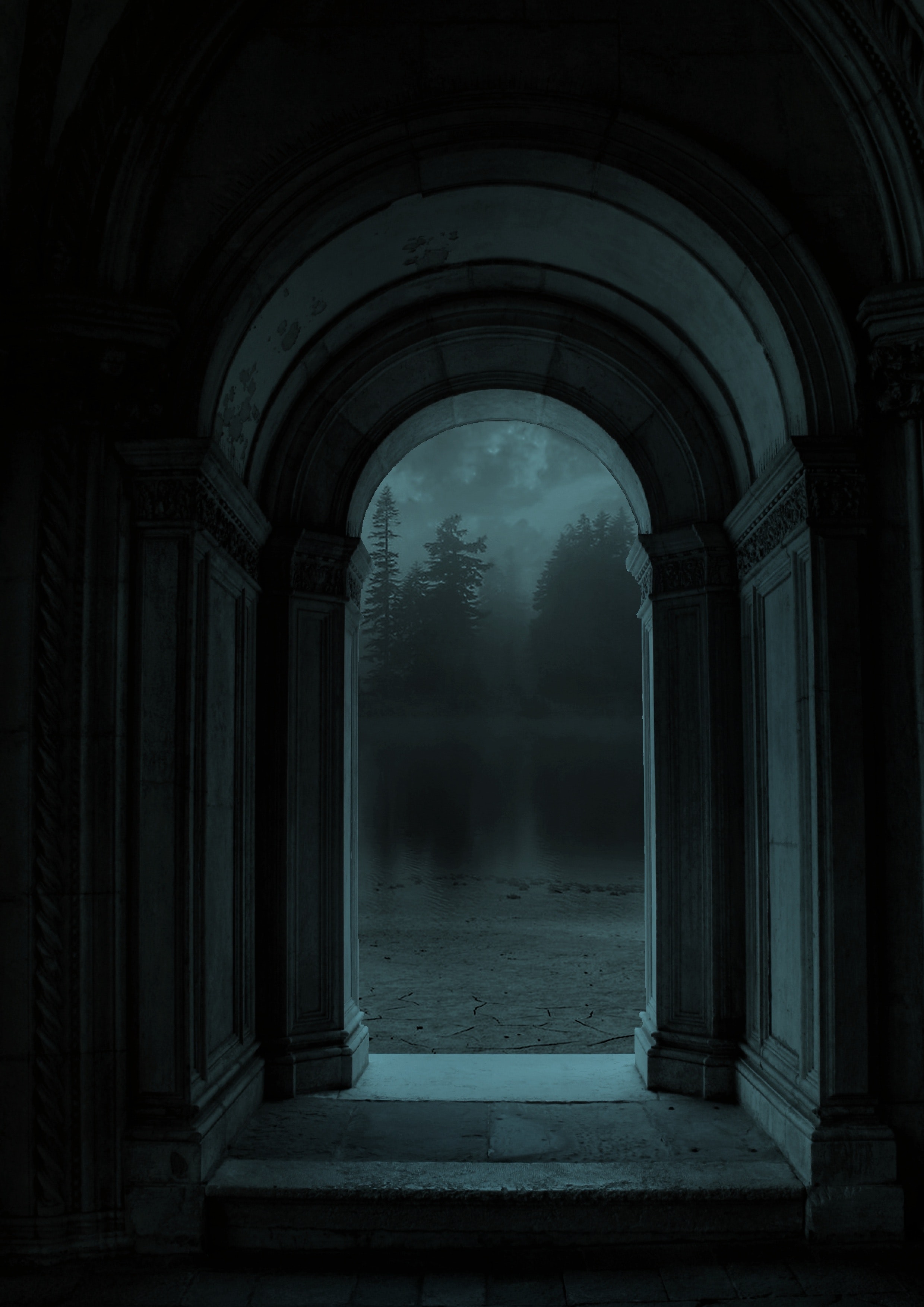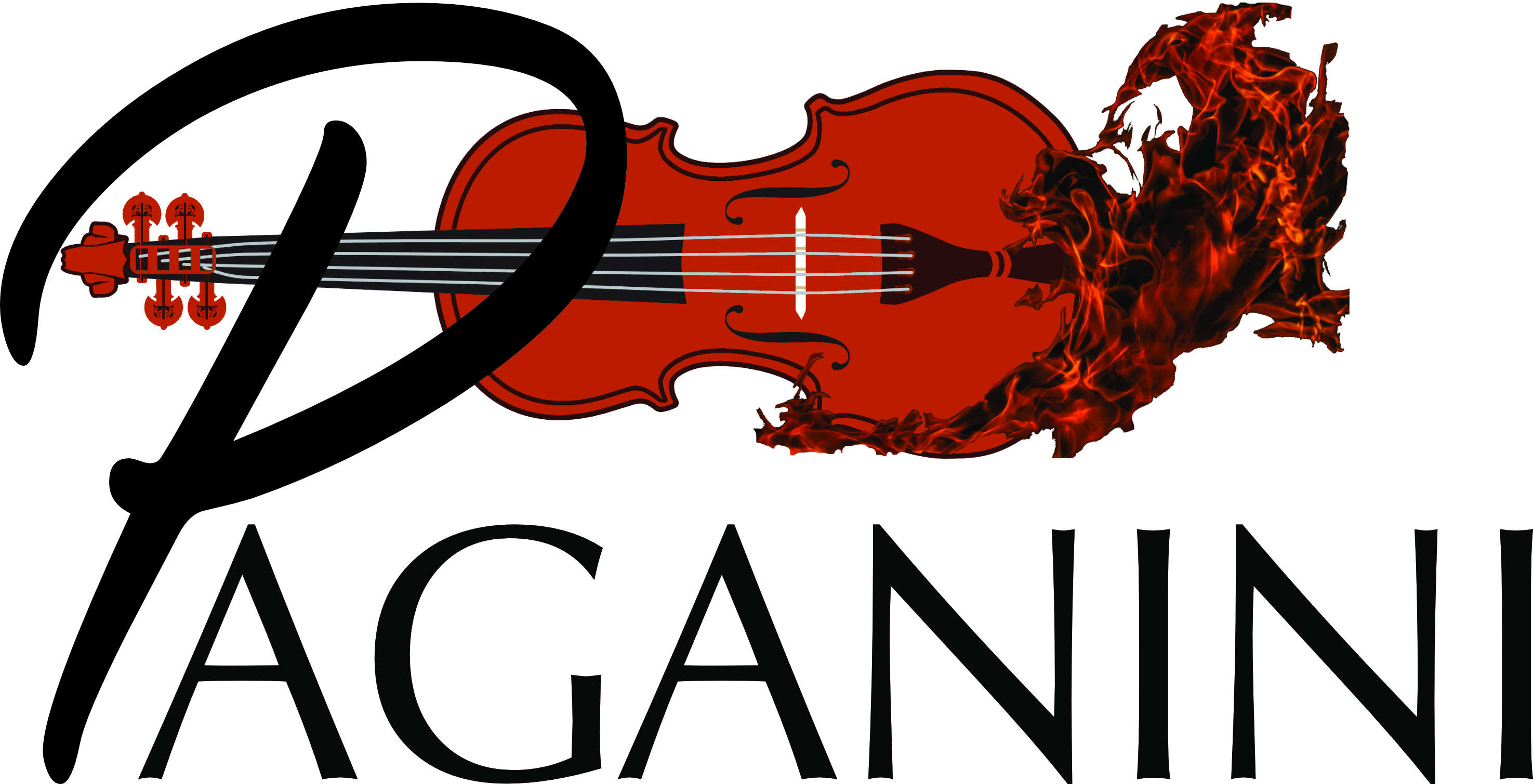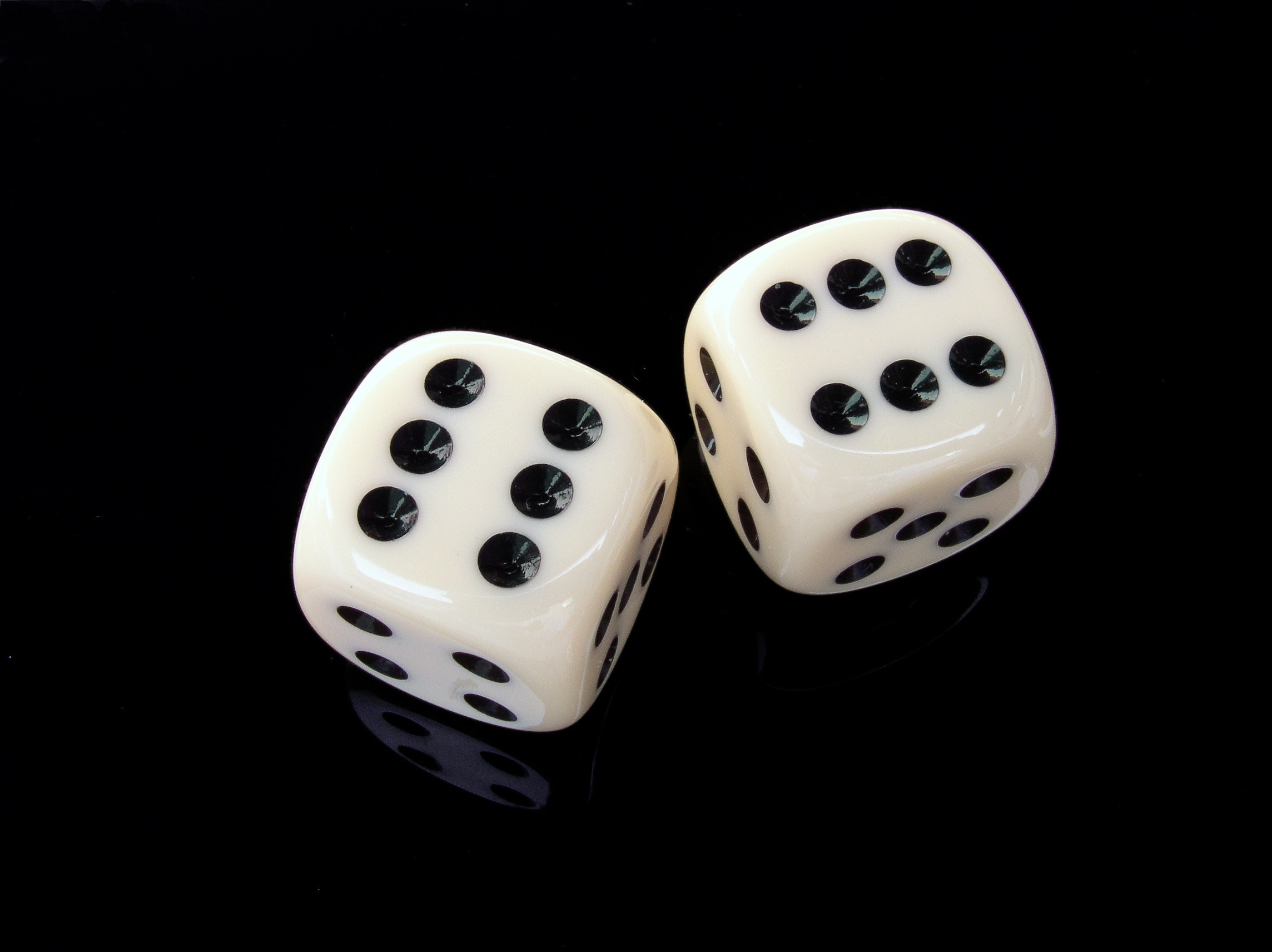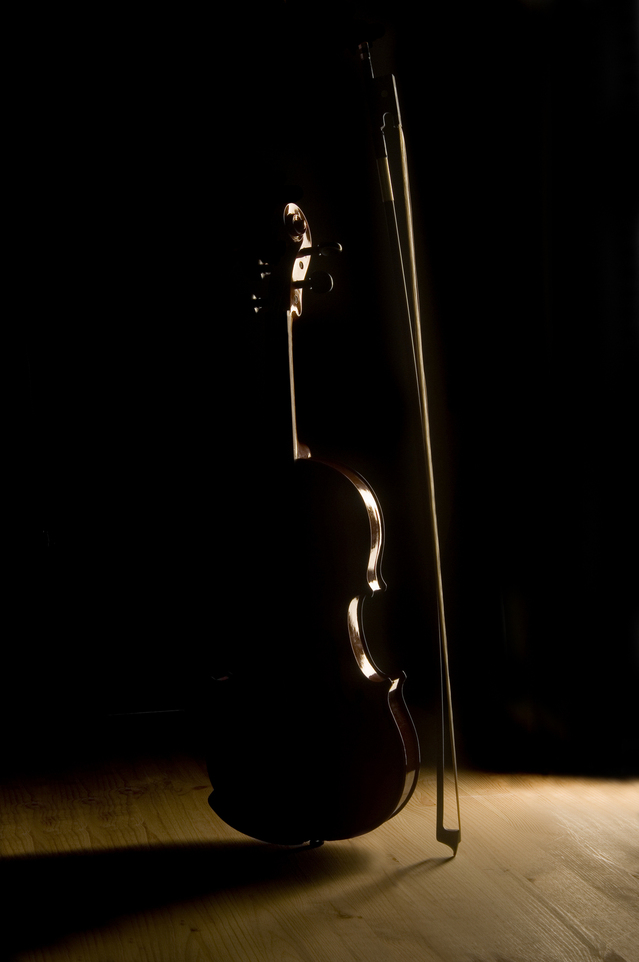Opening Act
Niccolò Paganini. Wild child.
 Opening Act
Opening Act
Tracing the story of Niccolò Paganini’s early years it is apparent that he was destined from birth to become the most famous violinist that ever lived. The events and circumstances of his young boyhood were extraordinary and by no means the norm during the years he lived. His talent was discovered by his father at a very early age and he was enslaved to his father’s pipe dream of wanting to make his fortune off his extraordinary talent.
Young Niccolò was forced to practice the violin from 12 to 14 hours a day. Because of this strict, grueling schedule at home accompanied by the lessons that he received, and most importantly, his own innate talent, Nicolo ….did indeed , become the most accomplished composer and virtuoso violinist that the world had ever seen.
Of Italian descent, Nicolo Paganini was born to Teresa and Antonio Paganini on October 27, 1782 in the city of Genoa, Italy. He was the third of six children. While in labor his mother is said to have had a vision of a glowing angelic figure who spoke to her saying that her child would be the world’s greatest violinist. She did not have this vision for any of her other children. However, what did not work inNiccolò ’s favor is that he was born into a poverty stricken household with poor hygenic conditions and he experienced many childhood ailments.
At the age of four he was pronounced dead by a physician, but his mother, being the devout Catholic she was, prayed and prayed until he came out of his coma and survived. His poor health would follow him throughout his life.
Antonio Paganini, Niccolò ’s father held a lowly position at the harbor in Genoa. Antonio was a gambler always trying to find a way to make a fortune without the drudgery of hard work. He was a musician and played the mandolin for his gambling cronies at the local taverns and at times he would play at home. Niccolò as a young child begged his father to teach him to play. Antonio taught him to play the mandolin by the age of seven Nicolo began playing the violin.
At the age of 8, and with the help of his father,Niccolò composed his first sonata . He progressed so rapidly that it didn’t take long for his father to see the opportunity to make money off of his talent.
His “pipe-dream” could soon become a reality! And from that point on the pressure was heavy on such a delicate child. Between the fear of his father’s iron hand and the strong encouragement from his mother due to her heavenly vision,
Niccolò Paganini’s whole world become the violin. In addition to his rigid schedule of practicing at home, from morning until night, he also received music lessons from the best instructors in Genoa.
By the age of 11, Niccolò was deceived by his father into believing he was only 9, so that Antonio could make Niccolò into more of a remarkable talent to further accelerate his pipe dream of making a fortune off his son.
Antonio arranged for Niccolò to take lessons from a violin player named Giovanni Servetto, of the local theater orchestra, but in a short time Niccolò surpassed the lessons he was getting from him so his father made an arrangement with Giocoma Costa, the local Chapter Master at the Cathedral of S. Lorenzo. In order to cover the costs for his tuition, Niccolò had to play in the church several times a week. His teacher, Costa, encouraged Niccolò to try out his newest compositions which served to enhance Niccolò ’s advancement. It was here that Niccolò’s world became to open up giving him something of an education and he learned the art of conversation.
In 1793,Niccolò Paganini is 11 years of age and his father receives a visit from Luigi Marchesi and Teresa Bertinotti, two celebrated singers of that time. They were going to be performing at a theater in Genoa and asked if Niccolò could play and help l to fill in the program. They offered a generous fee and Antonio agreed and persuaded them to do more concerts with Niccolò .
The success of these concerts brought Niccolò his first patron, Marchese di Negro, who became very interested in Niccolò and his remarkable talent. This ignited a spark that eventually led Niccolò lo to travel to Parma to meet Allassandro Rolla, who had the reputation of being the best violinist in all of Italy at that time. Traveling for Niccolò was difficult due to his delicate state of health, but Niccolò went with his father to meet the famous Allasandro Rolla of Parma. While the account of his visit has had many interpretations, Niccolò spent a year in Parma and that was the most important year in his musical education, bringing him to the elite class of becoming a player and composer. After this Antonio realized it was time for Niccolò to begin his concert tours.
In 1797 Niccolò Paganini was just fifteen years old when he set out with his father to have successful concerts in Parma, Milan, Bologna, Florence, Pisa, and more throughout Italy.
When returning home Niccolò dreamed of freedom from his father’s tyranny. He realized at this time his only escape lay in his violin and he practiced “feverishly” and non-stop until he could no longer play and would fall onto his bed into a deep sleep. The house was filled with the sound of his violin from the early hours into the night. This lasted several months until Autumn of 1897. It was then that he felt ready to go off on his own.
Niccolò Paganini then made arrangements to travel with his brother, Luigi, several years older than him and his father allowed Niccolò to go. Off they went and for the first time Niccolò felt a sense of freedom he not yet known. Somewhat intimidating, Niccolò Paganini also began to feel that he was now control of his own life. The first appearance was at the Festival of St. Martin, Lucca . He was well-received – the audience was struck by his talent at such a young age! From there he went to other towns and as he traveled from place to place he was at last on his way to fame and fortune, but that was to bring other challenges his way.
Compiled by Carol Tebo (Paganini)
Stardom
Original Classic Rocker
 Stardom
Stardom
Niccolò Paganini’s stardom came very early in his lifetime and his fame followed him wherever he went. It began in Italy and then he went on to becoming a worldwide sensation. He acquired true fame and fortune and around the year 1813 when the name ‘Paganini ‘ became a household word and people wanted to know when they could see him perform! He captivated and transfixed audiences whenever he performed, some people swearing they saw the devil himself, and for his tender passages he brought tears to the eyes of his listeners. He is considered to be world’s greatest virtuoso violinist and composer that ever lived. Perhaps the first “rock star. “
At the age of 13 Paganini was already a well-known established musician in his home town of Genoa, Italy. He had surpassed all the abilities of his teachers there and had to further expand his knowledge by traveling to Parma and to meet Alessandro Rolla, who was said to be the finest violinist and teacher at the time. After spending two years in Parma being taught and guided by Rollo and two other expert teachers, Niccolò learned the art of composition and counterpoint. After his studies and his new compositions, he performed in Parma and Colorno and began his fame and fortune at the age of just 15.
Niccolò Paganini’s first official touring began in Italy in 1797 with concerts in Milan, Bologna, Florence, Pisa and Leghorn. He captivated audiences with his spell-binding music and extraordinary talent. It then became obvious to Nicolo that he could break away from the oppressive clutches of his slave- driving father, who from the start wanted to make his fortune off of the still young Niccolò .
So Niccolò set out to Lucca with his brother, Luigi, and performed at the Festival of Santa Croce in 1801. He was an instant success there and settled in Lucca. He was appointed first violin of the Republic of Lucca. In 1805, Niccolò was also appointed as the second Court Violinist and violin tutor to the husband of Napoleon’s sister, the Princess of Lucca. While under the employment of the Princess of Lucca, he received his first big break when he gave a recital at Teatro alla Scala in Milan in October of 1813. He performed over a hundred concerts throughout Italy and at this time he gained the attention of musicians of Europe and thus, began his fame to be the foremost violinist in Europe.
By 1828 Niccolò began his first European tour that started in Vienna and throughout major cities in Germany. He settled in Strasbourg, Germany until 1831. His success there led to a “formation of a cult” where everything was ‘a la Paganini.’
In 1832, Niccolò Paganini toured in Great Britain, England and Scotland earning huge amounts of money! He settled in Paris for a year and began to suffer various ailments. His stardom did bring him great fortune, but at times it was misused with his unrefined, non-traditional lifestyle. Niccolò returned to his hometown of Genoa in 1836 to publish his compositions and had more successful concert appearances audiences and flocked to see him perform.
Niccolò Paganini set off to Paris in 1838 where he had an unsuccessful attempt at opening a gambling casino. Throughout his life and much like his own father, he was known to be a gambler and due to his declining health in his later years, Niccolò tried to have a casino of his own which was not successful and he moved to Marsielles and then to Nice, France where he died.
Accomplishments and Recognition
In 1813 Niccolò Paganini performed “The Witches Dance” in Turin, which is said to have been one of the most “breathtaking exhibitions of pyrotechnics ever presented on the violin” and the success of this led to his international fame.
In 1827 Niccolò Paganini was conferred with the Order of the Golden Spur by Pope Leo XII.
In 1828, while in Vienna Niccolò Paganini was awarded with the honorary title of Chamber Virtuoso by the Emperor and received the medal of St. Salvator.
Niccolò Paganini is best remembered for his “24 Caprices for Solo Violin Op 1” he wrote in three groups. (between the years 1802 and 1817) Commissioned by the city of Genoa, the work was first published in 1982 on the occasion of his bicentenary.
One can visit the city of Genoa, the birthplace of Niccolò Paganini, that has marked 11 places that that tell the story with a commemorative plaque to describe the significance of the site. It is there you can view his most treasured violin.
Compiled by Carol Tebo (Paganini)

 Challenges
Challenges  Grand Finale
Grand Finale